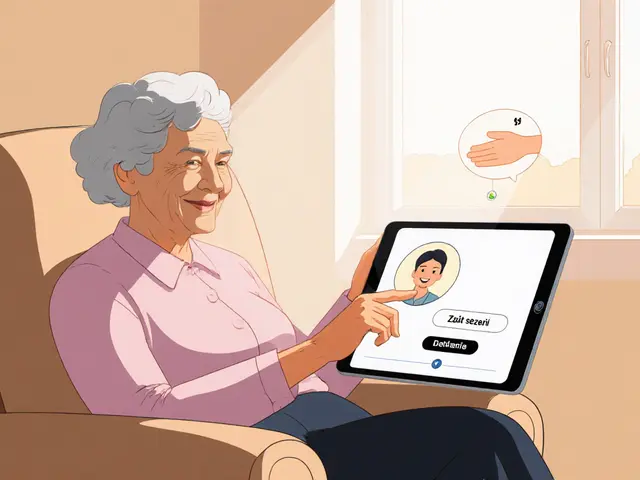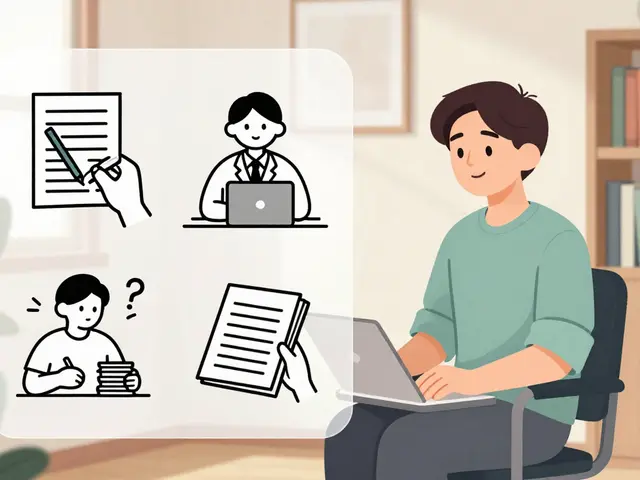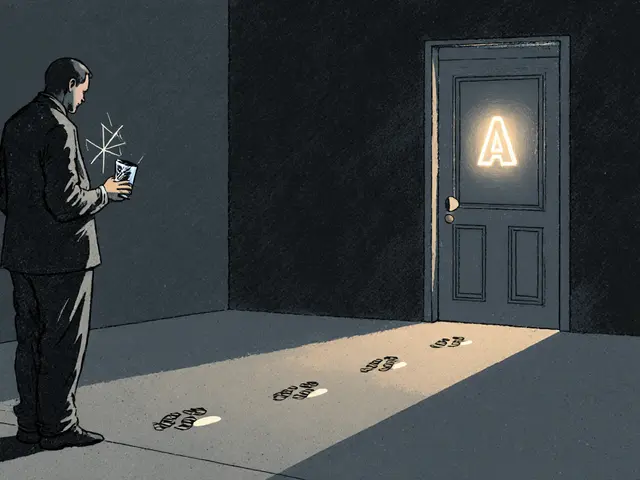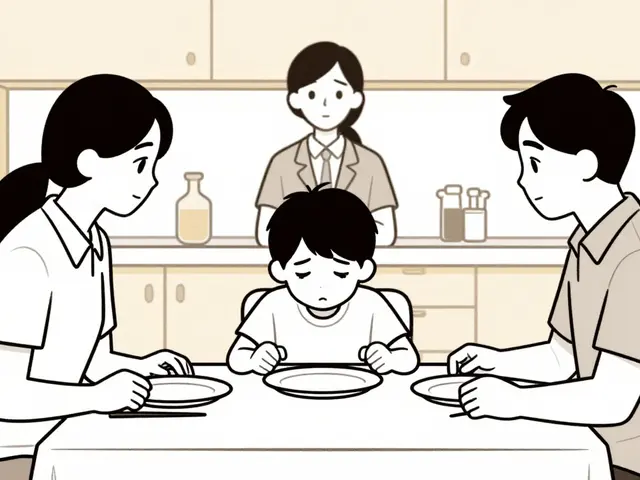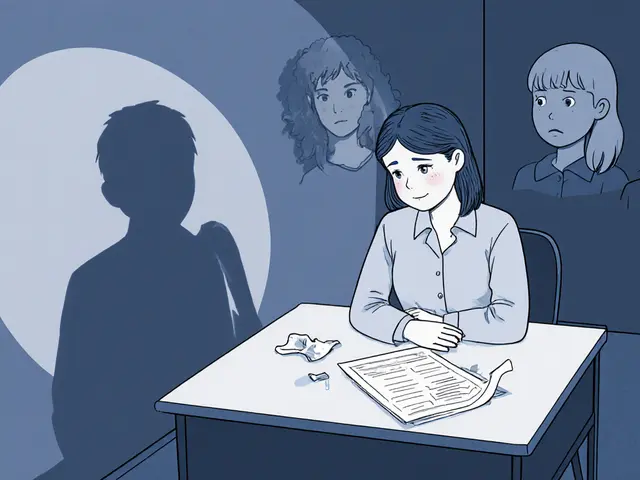Duševní krize: Co to je, když to potřebujete a co vám může pomoci
When you feel like you’re falling apart and can’t put it back together, you’re not broken—you’re in a duševní krize, stav, kdy vaše psychická odolnost překročila mez a vaše běžné způsoby zvládání přestávají fungovat. Also known as psychická krize, it’s not a diagnosis, but a signal your mind and body are screaming for change. Many people think it’s just a bad week, but a real duševní krize changes how you sleep, eat, connect with others, or even see yourself. It’s not weakness. It’s your system trying to survive something too heavy to carry alone.
This isn’t just about feeling sad or anxious. A duševní krize, stav, kdy vaše psychická odolnost překročila mez a vaše běžné způsoby zvládání přestávají fungovat. Also known as psychická krize, it’s not a diagnosis, but a signal your mind and body are screaming for change. Many people think it’s just a bad week, but a real duševní krize changes how you sleep, eat, connect with others, or even see yourself. It’s not weakness. It’s your system trying to survive something too heavy to carry alone.
Most duševní krize don’t come out of nowhere. They’re often the result of long-term stress, unresolved trauma, burnout, or sudden loss. You might be dealing with a depresivní porucha, stav, kdy se nálada prodlouženě snižuje a ztrácíte zájem o věci, které dříve radily. Also known as klinická depresivní porucha, it’s more than just feeling down. Or maybe you’re stuck in a loop of úzkost, přirozená reakce těla na nejistotu, která se přemění v poruchu, když přetrvává bez příčiny. Also known as úzkostní porucha, it’s when your body thinks it’s in danger—even when it’s not. Sometimes, it’s trauma you didn’t even realize was still affecting you. These aren’t separate problems—they’re often layers of the same crisis.
What helps? Not just time. Not just "pull yourself together." Real recovery needs support—someone who understands how heavy this feels, without judging you for it. Psychoterapie is one of the most effective ways out. It’s not magic, but it’s science. It gives you space to untangle what’s broken, learn new ways to cope, and rebuild your sense of safety. Many people find relief after just a few sessions. Others need months. Both are okay.
You don’t need to wait until you’re at rock bottom to ask for help. The earlier you act, the less damage the crisis does. And you don’t have to do it alone. In Czech healthcare, psychoterapie is becoming more accessible—even covered by insurance in many cases. You don’t need a crisis diagnosis to start. You just need to feel like you can’t keep going the way you are.
In the posts below, you’ll find real, practical answers to questions like: How do you know if it’s a crisis or just a rough patch? When does self-help stop being enough? What kind of therapy actually works for trauma or burnout? How do you pick a therapist who won’t make you feel worse? You’ll see how others have walked this path—and what helped them move forward.
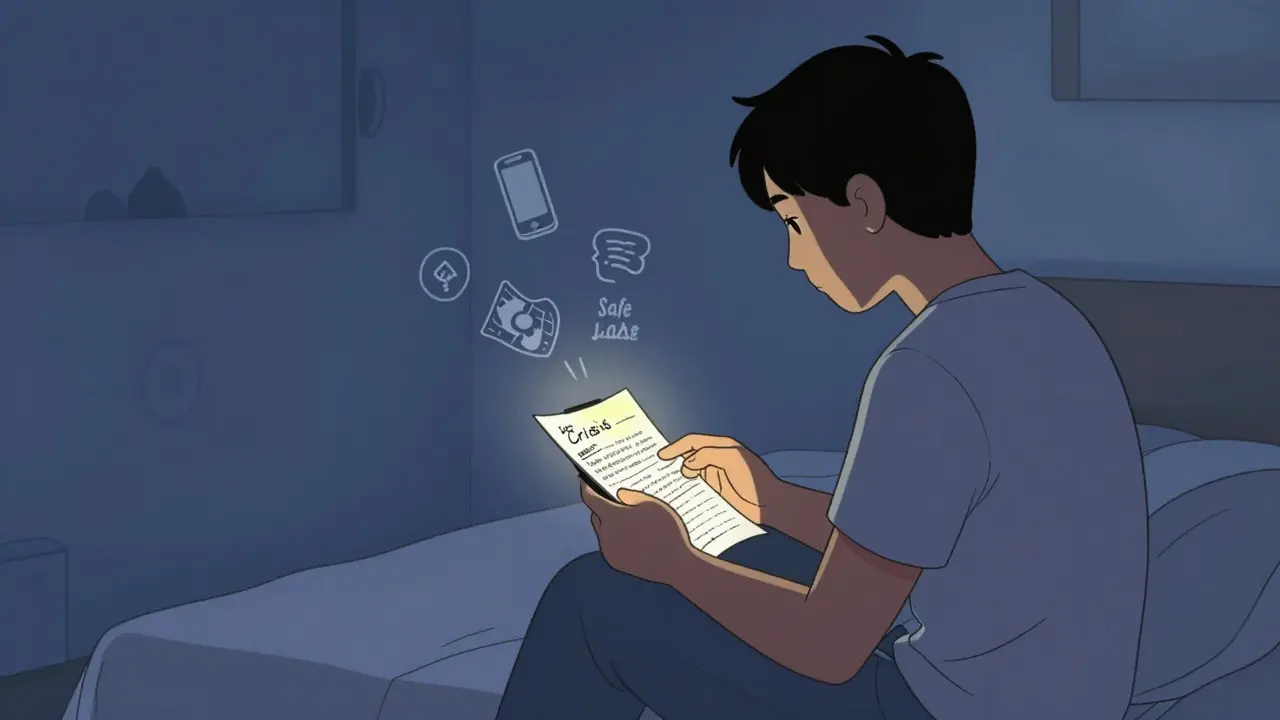
Krizové plánování v terapii: Co dělat při akutním zhoršení stavu
- Od : Molly Mortimer
- Datum : led 28 2026
Krizové plánování v terapii je klíčový nástroj pro přežití akutních duševních krizí. Učí, co dělat při zhoršení stavu, koho zavolat a jak se uklidnit. V Česku se používá stále málo, ale jeho efektivita je dokázaná.
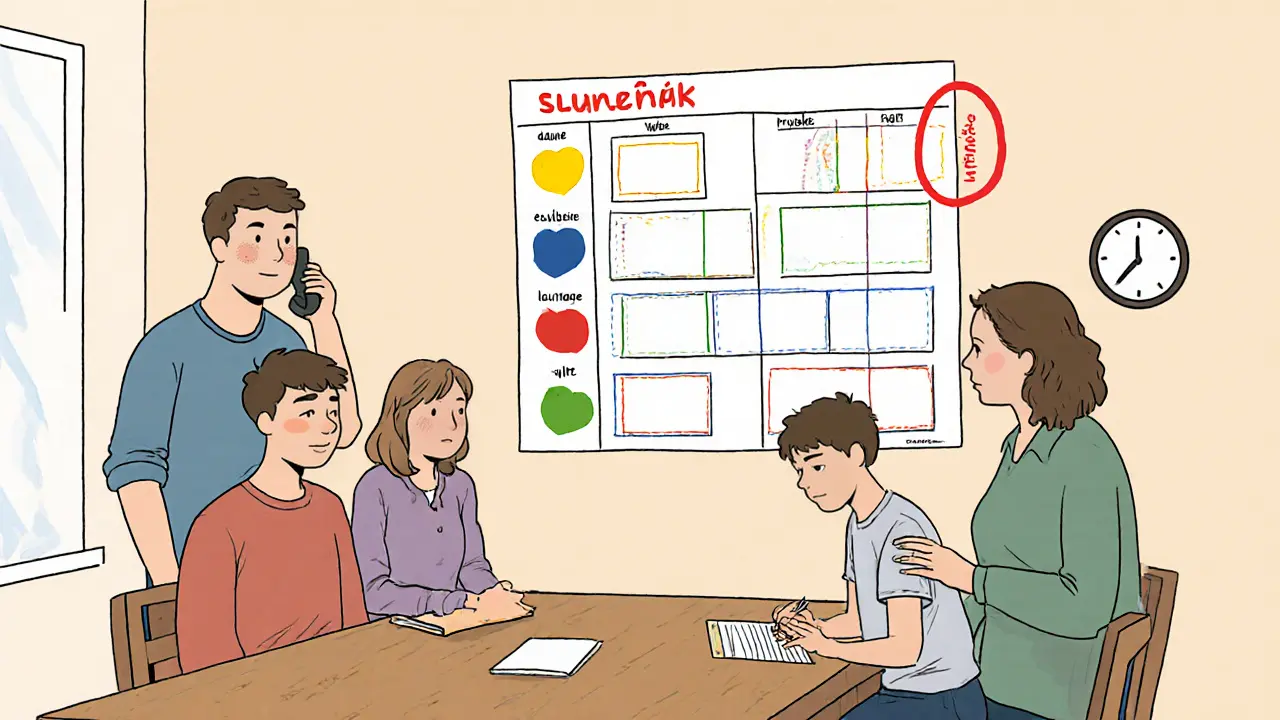
Krizový plán pro rodiny: Jak společně reagovat na psychickou nouzi
- Od : Molly Mortimer
- Datum : čen 20 2025
Krizový plán pro rodiny je konkrétní návod, jak reagovat na psychickou nouzi. Obsahuje přesné příznaky, kontakty, role a kódové jméno. Sníží stres, zlepší komunikaci a zabrání hospitalizacím. Vytvořte ho společně - a aktualizujte po každé krizi.
